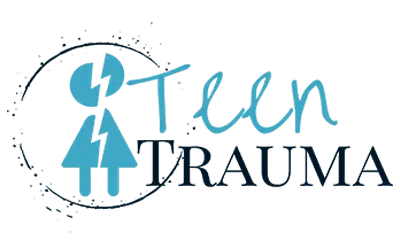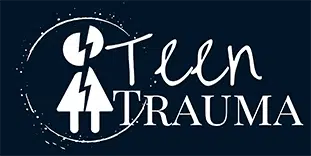Trauma and Kids – How Stress and PTSD Affect Young People, and What Parents Can Do
In 2021, the Surgeon General issued an advisory about youth and their mental health. In the advisory, the government warned that an increasing number of children and adolescents were struggling with mental health concerns.
The fact that the mental health of young people has reached a point where the Surgeon General has to get involved shows that we are, in fact, dealing with a serious concern. Here is a closer look at trauma, PTSD and children, with tools parents can use to help their children cope with traumatic events.
How Trauma Affects Children and Adolescents
According to the CDC, by the time they reach age 16, more than two-thirds of children have experienced at least one traumatic event. When a child experiences trauma, it activates the fight or flight system in the brain.
Unfortunately, if the childhood trauma is not dealt with well, that fight or flight system stays triggered, and this can lead to changes in the brain. Over time, those changes can lead to behavioral health and substance use disorders. Without proper treatment, children who suffer trauma can grow into adults with serious behavioral and mental health conditions.
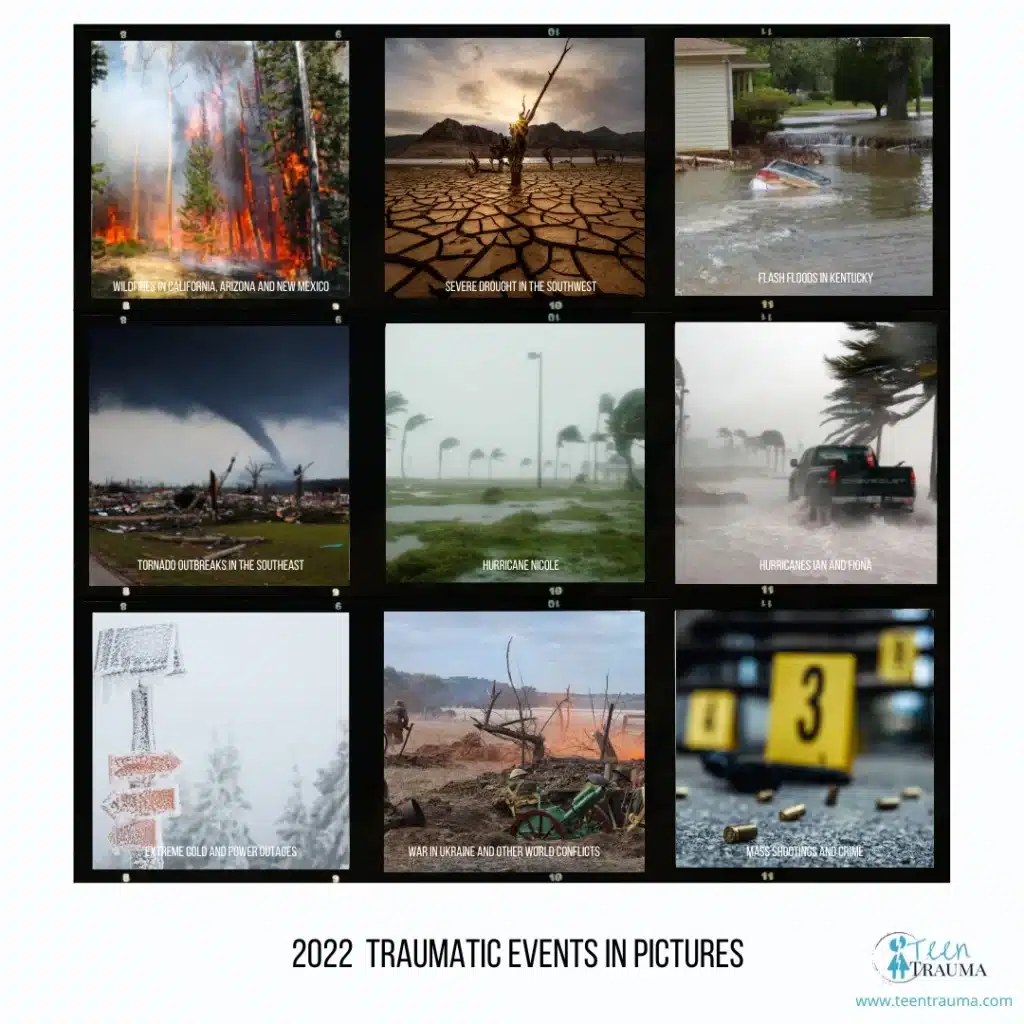
Recent Childhood Traumatic Events Recap
The past few years have been highly traumatic, and 2020-2024 are no exception. While the COVID-19 pandemic seems to be nearing its end, at least in terms of severity, there have been several traumatic events this year on top of that. These include:
- Wildfires in California, Arizona and New Mexico
- Severe drought in the southwestern United States
- Flash flooding in Kentucky
- Tornado outbreaks in the southeast
- Hurricanes Nicole, Ian and Fiona
- Extreme cold in December
- Ongoing worldwide conflicts, such as the war in Ukraine
Though these events may not have directly affected a child, the impact of their knowledge of them continues to create stress, which can lead to early childhood trauma.

Signs of Stress in Young People
When a young person is under stress, they experience a number of symptoms. These include:
- Tension of the muscles
- Sleep changes
- Low energy levels
- Irritability
- Concentration problems
- Feelings of overwhelm
- Less motivation
- Headaches
- Appetite changes
- Signs of depression, such as lack of enjoyment of normal activities
If you are noticing these symptoms in your child or teenager, it’s time to look a little more closely to see what is stressing them and how you can help.
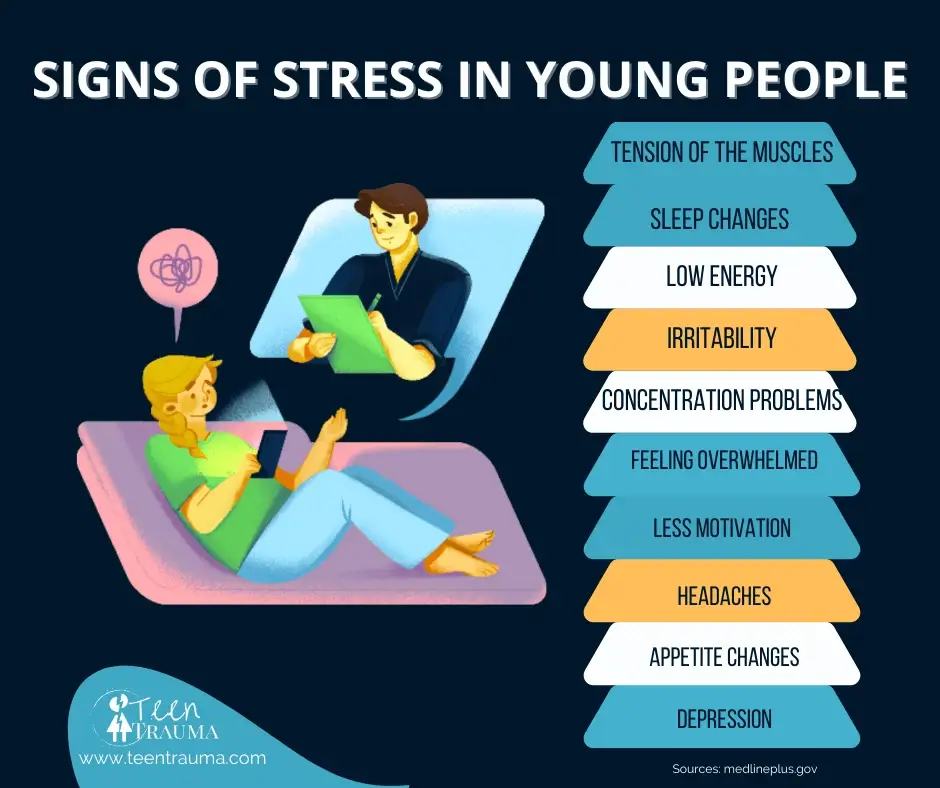
Trauma and PTSD
Chronic stress and the experience of a traumatic event can lead to symptoms of PTSD in children and teenagers. In fact, as many as 43% of children have gone through at least one traumatic event. Of those, up to 15% of girls and 6% of boys will develop PTSD.
While the rates are higher for children who experience neglect or abuse, the cumulative effect of the childhood traumatic events that happen in society can also play a role.
Learn more about the symptoms of childhood trauma.
How to Treat Trauma
If you suspect your child is dealing with trauma or if they are exhibiting symptoms of PTSD from childhood trauma, you need to seek treatment. Talk to a doctor about the best course f action, and speak to a therapist as well. Treatment can include a range of things, including trauma-focused therapy and the use of medication. The type of treatment will also depend on the child’s age, which is why professional input is so helpful.
Learn more about trauma treatment options.
Tips for Coping with Trauma – Talk to Your Child About Feelings
Coping with trauma is not easy, especially for a child who lacks the emotional maturity to deal with big emotions well. Yet as a parent, there are things you can do in addition to seeking professional help.
One of those things is talking to your child about their feelings. This can feel uncomfortable if you are not used to it, but here are some strategies to consider:
- Model the skill – Regularly talk about your own feelings and how you are processing them. This shows your child how to safely talk about big feelings. You can also talk about the characters in movies or books and summarize their feelings.
- Summarize them – When your child opens up, help them find labels for their feelings by summarizing them, such as saying, “It seems like you are feeling disappointed because you did not get an invite to the party.”
- Allow feelings – Because big feelings can sometimes bring big behavior problems, many parents stifle their child’s feelings. Allow your child to have feelings, and teach them how to recognize and cope with them.
- Re-frame feelings – If your child is saying something like, “School is dumb,” teach them to find the feeling and re-frame the statement. They might say, “I feel nervous about my big test tomorrow” instead.
- Ask open questions – When something traumatic occurs, ask open-ended questions that invite your child to share, but do not pressure them to share if they aren’t ready.
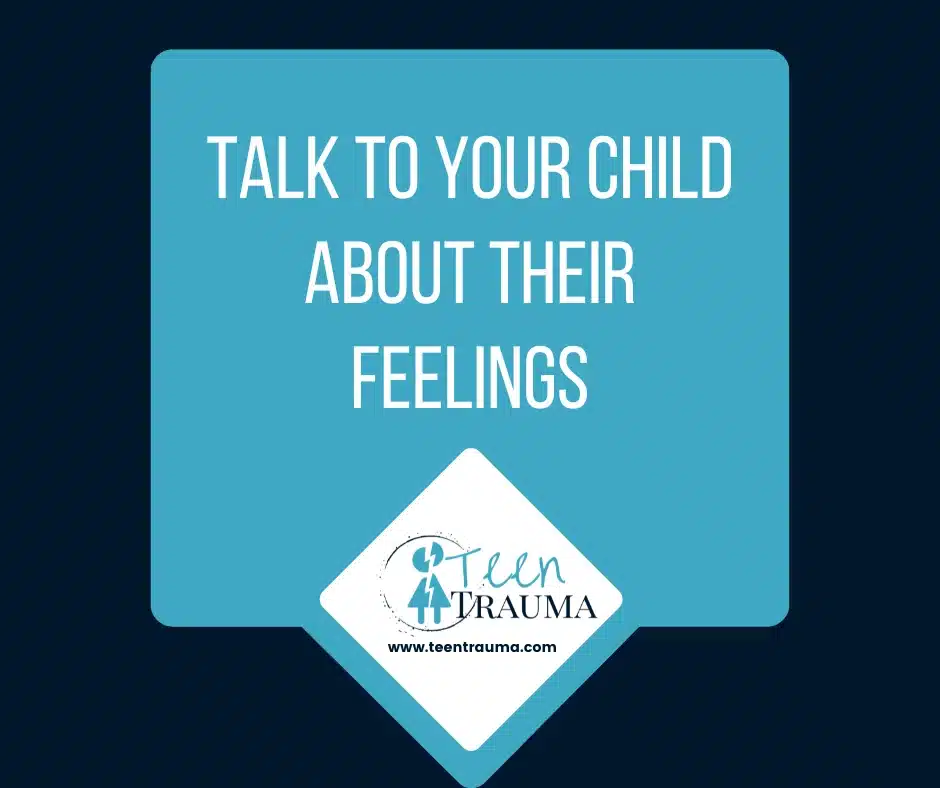
If you suspect your child is dealing with trauma, take our childhood trauma test based on CRIES-13 to identify their risk of trauma and PTSD. Act now and gain insight into how to help your teen heal!
When to Seek Help
If you suspect that your child is dealing with PTSD, or if they have expressed suicidal or self-harm thoughts, then it is time to get professional help. If you have feeling loops that you cannot get through with your own efforts, and your child is struggling, then consider professional help. Finally, if your child’s stress or PTSD is causing negative behaviors, then professional help is ideal.
While childhood traumatic events can be quite damaging, healing is possible, but if left untreated, the impact of trauma can be severe and result in undiagnosed disorders caused by childhood trauma. You just need to get the right help. If your child is struggling, please take a look at the Resources for Parents and Trauma Survivors or click here to find treatment.
